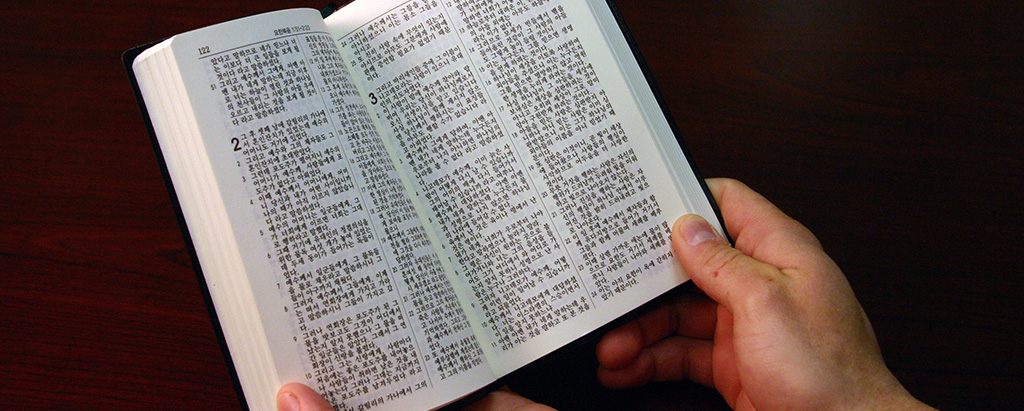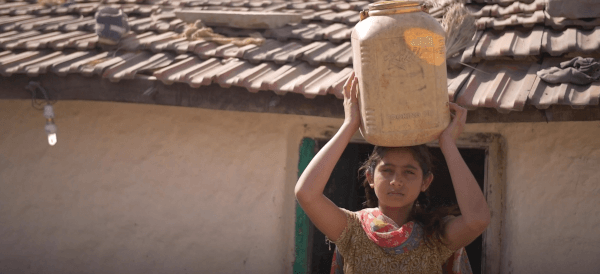Note: This is the third in a four-part series about how the coronavirus is affecting people around the globe. You can read about the effects of the pandemic in Africa here and in Latin America here, and check back soon on our blog to read the final post about Asia.
Iran was one of the first countries to have a major coronavirus outbreak after China, and many other Middle Eastern nations have been hit hard by the pandemic as well.
But it’s not all bad news. In a region where the majority of people are Muslim, the coronavirus has opened doors to show people the love of Jesus by meeting their physical needs.
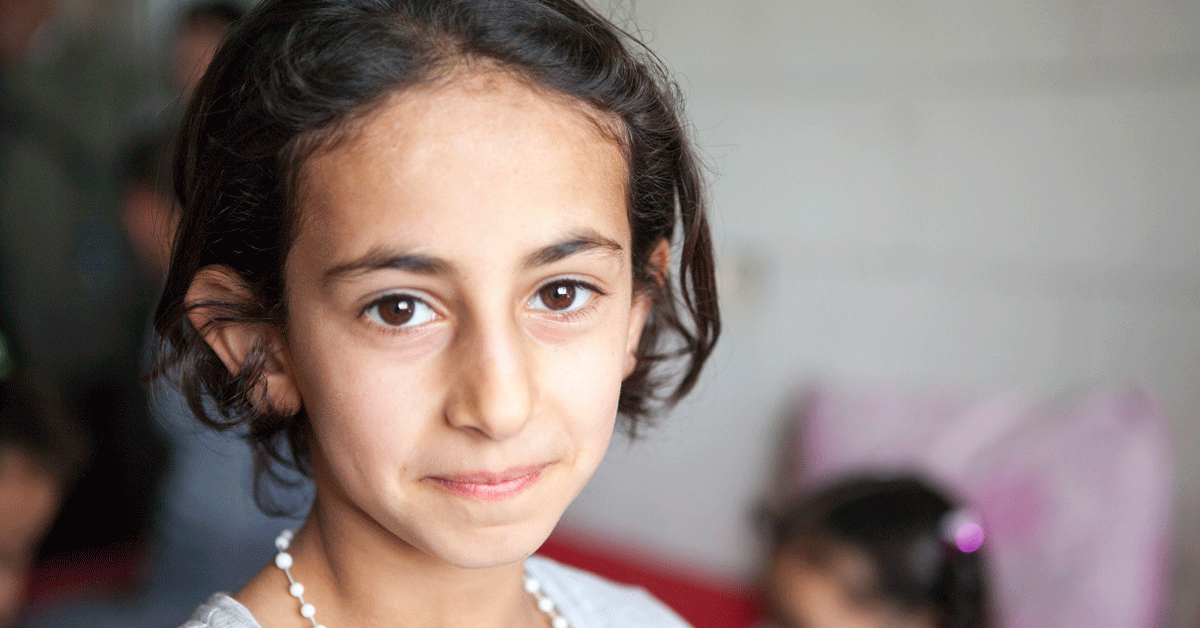
Here are a few ways various countries in the Middle East have been affected by the pandemic and how our partners say they are seeing people turn to God during this difficult time:
Iran
375,212 confirmed coronavirus cases, 21,571 deaths
Iran saw its first few cases of coronavirus back in February. By March, the country was in the middle of a full-fledged outbreak and was considered the epicenter of the coronavirus in the Middle East.
Even Iran’s deputy health minister contracted the virus, only one day after stating at a press conference that the country had the outbreak under control and that quarantines weren’t necessary. Iran did eventually go under lockdown as the number of cases continued to spike.
“Because of the tremendous shortage of masks, Christians have banded together to make them in their homes and then go out in the streets and give them away,” our partner said.
In a time where price gouging and hoarding have become more common, those receiving these free homemade masks are surprised by the kindness shown to them. They recognize there’s clearly something different about these people who follow Jesus.
The underground church continues to grow, and Christ-followers are looking for creative ways they can help meet people’s needs during this critical time. Although Iran’s economy began reopening on April 20, many people are still out of work, and some people fear a resurgence of cases could shut down certain areas of the country again.
There are still many people in need across Iran. And you can help. By giving today, you will help to provide basic essentials like food and hygiene kits — all while sharing hope and love, too.
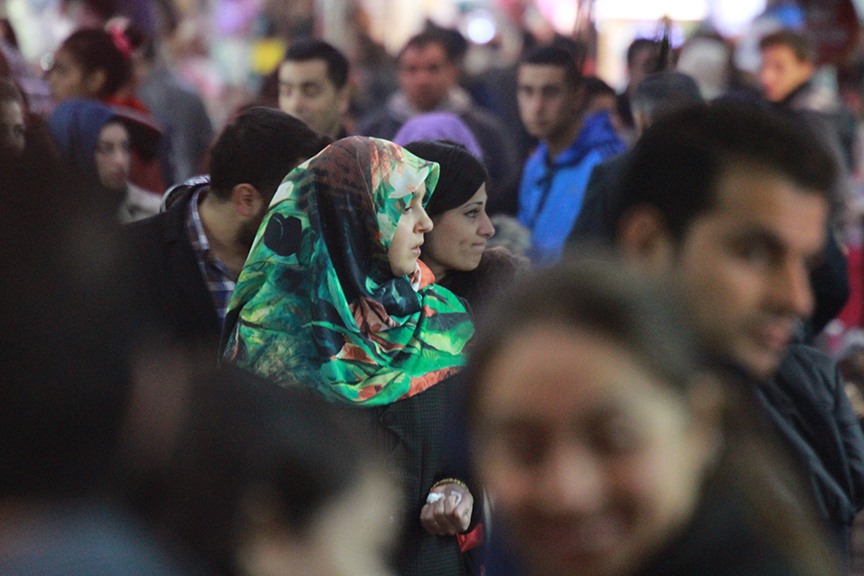
Iraq
231,177 confirmed coronavirus cases, 6,959 deaths
For generations, Iraq has suffered violence, war, and financial instability. Now, the coronavirus pandemic has only increased Iraq’s problems.
ISIS, although weakened, is taking advantage of the pandemic to gain ground. While soldiers are working to help enforce the public health lockdown, ISIS has been making attacks on military bases.
But ISIS isn’t Iraq’s biggest concern right now. With so many people out of work, most people are more worried about starving to death than dying by gunfire.
One of our partners even received a voice mail from a man saying, “Please, take my kids!” He had lost his job and couldn’t afford food for his family. He was so desperate that he would rather give up custody of his children than watch them starve!
Through the generosity of donors, we have been able to distribute aid like food to families who have lost jobs, many of whom were refugees already living in terrible situations. “On the days I don’t work, we don’t eat, and this situation is so hard,” one man said. “We appreciate your help.”
And as families receive the essentials people like you help provide, they are reminded they’re not alone. “We are showing them that God cares for them,” our partner said.
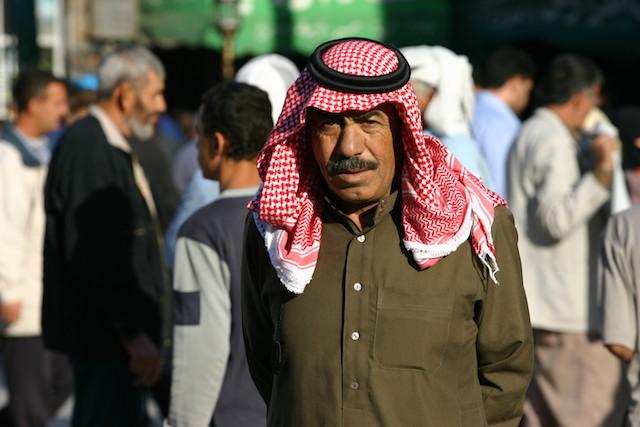
Jordan
1,966 confirmed coronavirus cases, 15 deaths
The coronavirus reached Jordan shortly after it reached Iran, and the government instituted what some people have described as one of the world’s strictest lockdowns. People were even prohibited from driving to discourage travel.
The country now claims the virus is contained, so businesses have begun reopening with safety precautions in place. There is still a nightly curfew, though. Schools and universities remain closed. Large public gatherings are banned. And the problems caused by this pandemic aren’t going away anytime soon, especially for the refugee population.
Refugees struggle to find jobs even under normal circumstances, so even as businesses open back up, they will likely be the last one to be able to make a living once again. Many refugees still can’t afford food.
Additionally, price gouging on food has become a problem because there are no laws against it. Some prices have even been tripling! Doctors at our donor-supported refugee clinic have been working overtime to make sure these refugees have what they need.
Our partners met one man who had run from the violence in Syria and is now struggling to provide for his wife and six children since he has a lung disease. The fallout from the coronavirus has made life even harder. When our partners asked what kind of help he needed, he was shocked. “Why are you doing this?” he asked. “Other people don’t care about me. You are the only one!”
Refugees are relying on what aid can be sent to them. There isn’t much else. And when you help supply families with the essentials they desperately need, you are also showing them a compassion they may not have experience before.
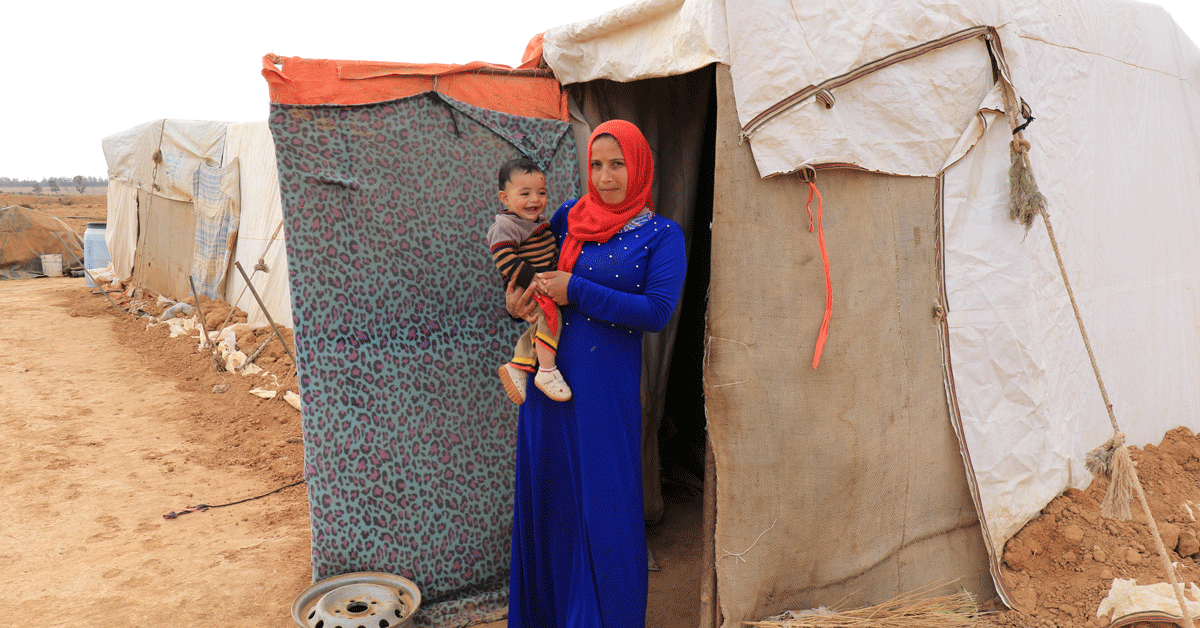
Lebanon
16,870 confirmed coronavirus cases, 160 deaths
Lebanon’s economy was already crumbling before the coronavirus arrived. So when lockdowns left most of the population out of work, protests broke out all across the country. “We fear hunger, not coronavirus,” protestors said.
The government has decided to reopen the country slowly in five stages with the final stage beginning June 8.
Our partners, who run a school for Syrian refugees in Lebanon, have been doing everything they can to help the children through this difficult time even though classes are canceled. They have been using technology when available to stay connected to students, giving the parents activities for the kids to give them some sort of normal structure, and meeting with families to coach them through the mental and emotional challenges of this pandemic.
They have also been distributing grocery vouchers for those who don’t have access to food. The staff has even shared their own personal food supplies with people who have been laid off.
You can help as well. Your gift today will help provide essentials like emergency food, clean water, medical care, hygiene kits and more to people struggling to survive during the coronavirus pandemic.
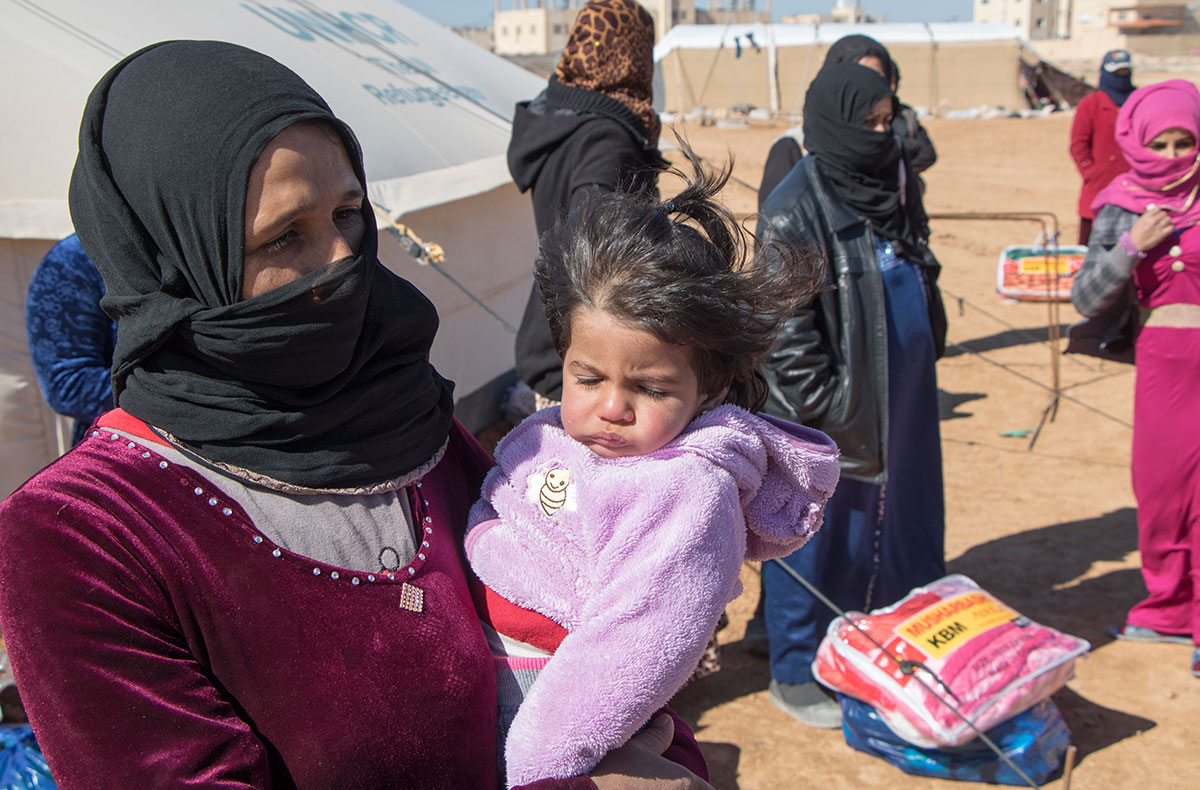
When you give today to provide emergency coronavirus relief in the Middle East and around the world, every dollar you donate will DOUBLE to help 2X as many people.
Thanks to a generous gift from World Help Board members, your gift will be matched up to $235,000. So every $8 you give now doubles to help TWO people!
Not only that, but your contribution will also help erase World Help’s financial shortfall due to canceled events because of the coronavirus. You will play a critical role in making sure we can continue providing physical help and spiritual hope around the globe.
With so much fear and unrest in the world right now, people shouldn’t have to worry about how they’re going to feed their children, too. They shouldn’t have to worry about contracting the disease because they can’t afford a face mask.
Your gift will help meet these needs and show them love in their time of greatest need.
Recent stories on our blog
People are dying in North Korea, but not from what you may think
As we return to some semblance of normalcy in the United States after . . .
Bishal might not have survived without help
The last couple of years have been hard for everyone, but Bishal . . .
Despite South Asia’s uphill battle against the pandemic, there is good news
Earlier this year, World Help’s president sat down to talk with one . . .




